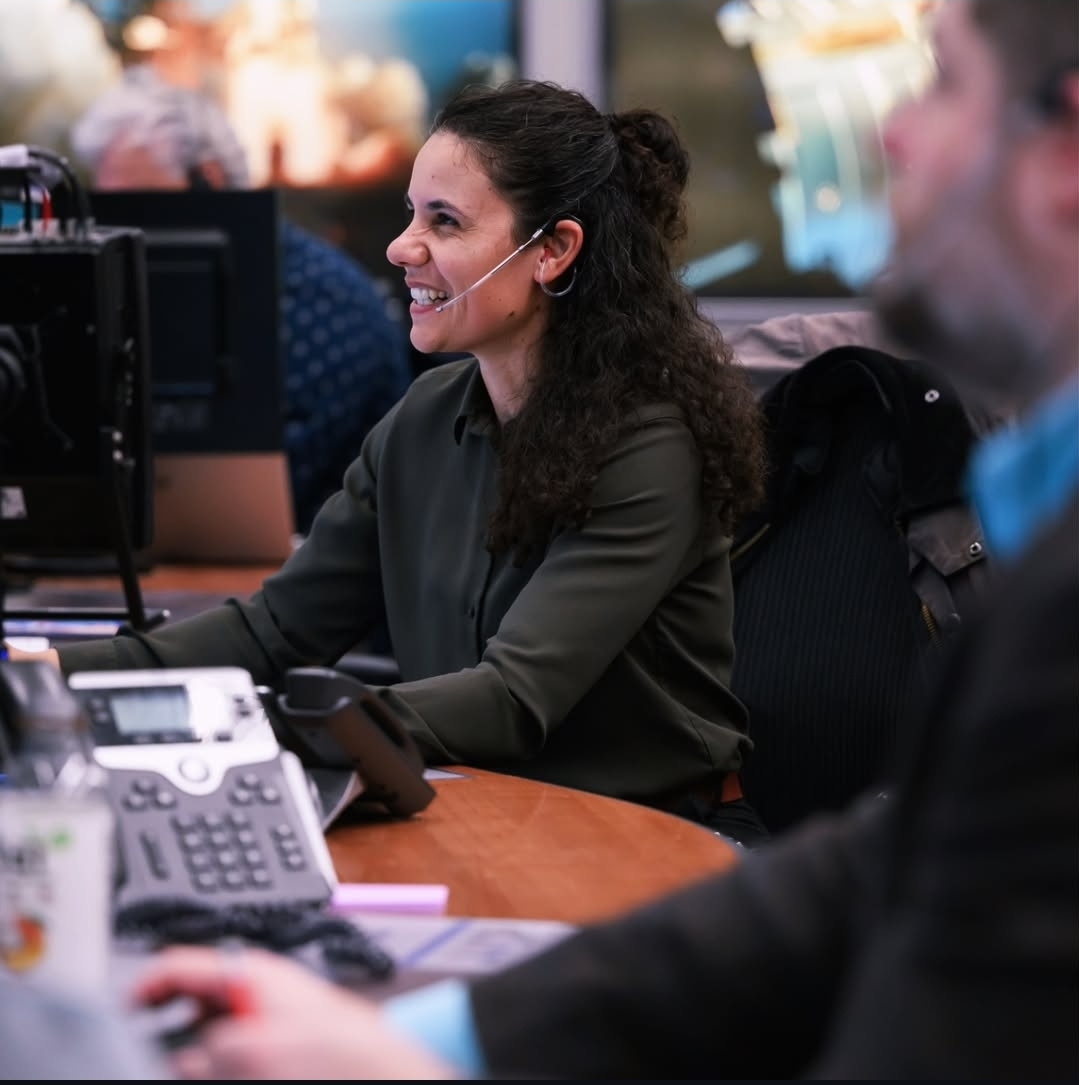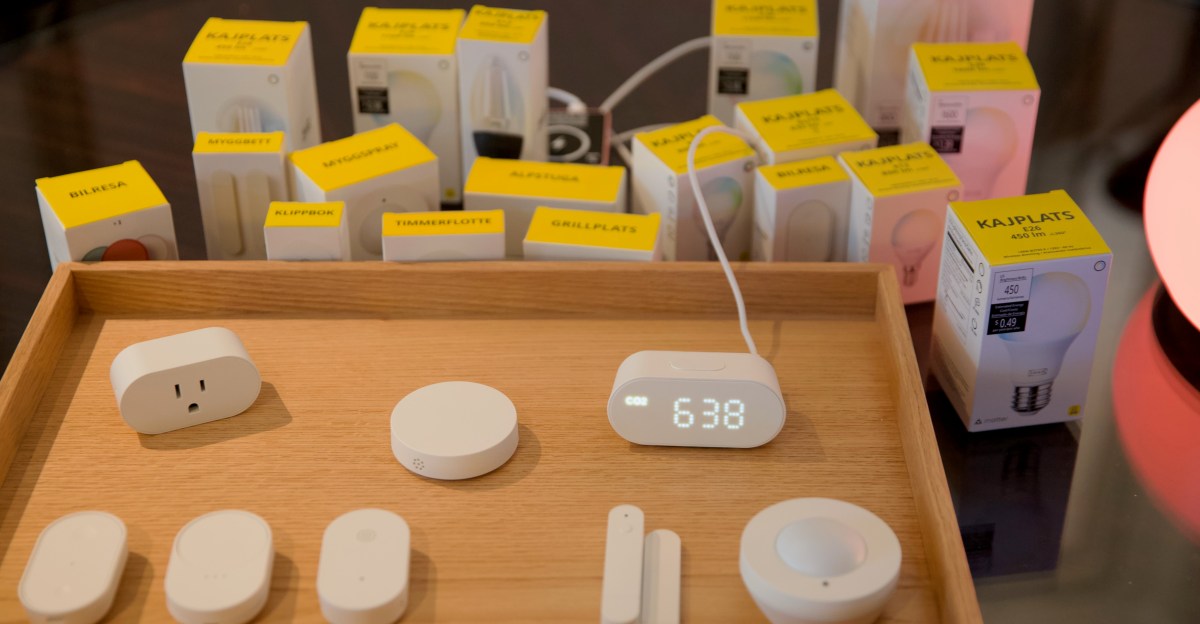As a member of the Crew Operations Office, Erin Edwards and her team manage astronaut candidate training schedules, including field medical exercises, land survival, and underwater operations at NASA’s Neutral Buoyancy Laboratory in Houston….
SAVE $67: As of Feb. 4, the Amzmerit smart scale is on sale for only $49.99 at Amazon with the code TQXXS39F. That’s an extra $50 off its sale price.





